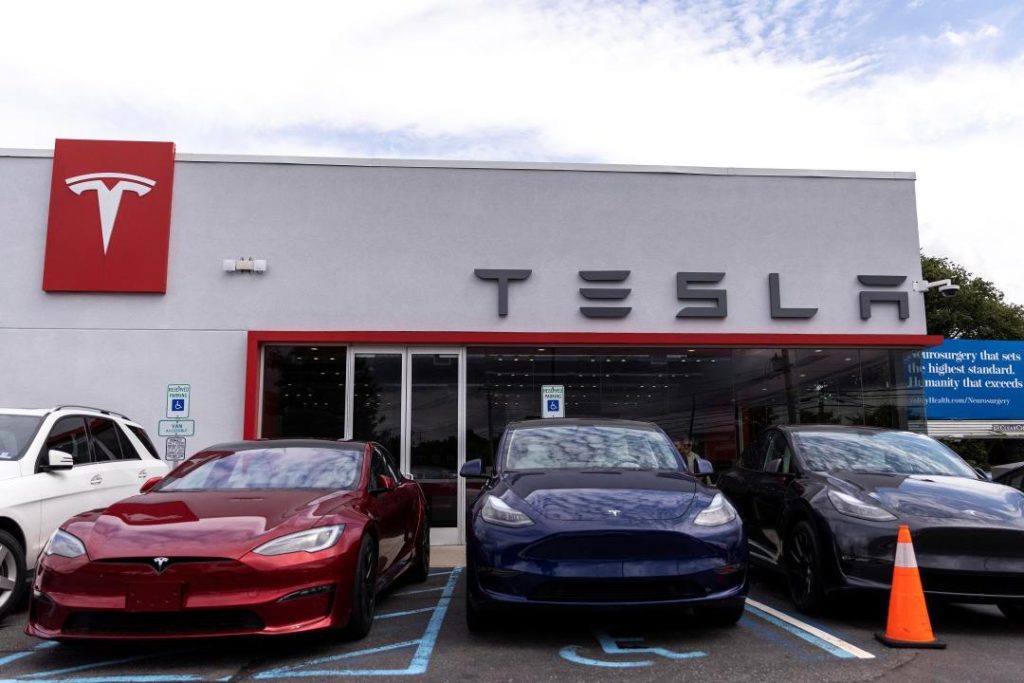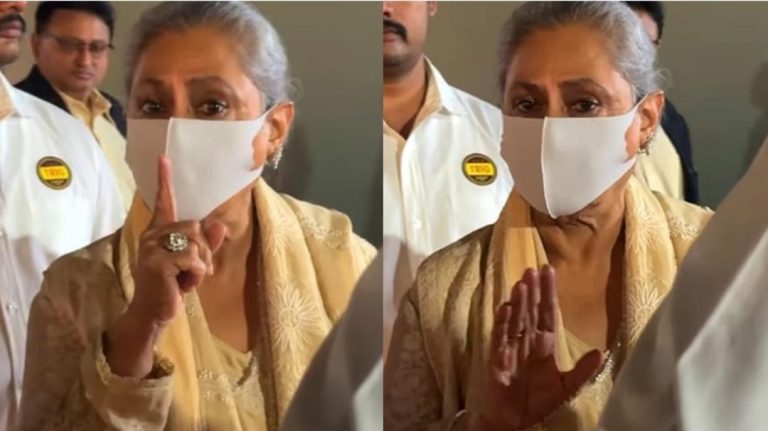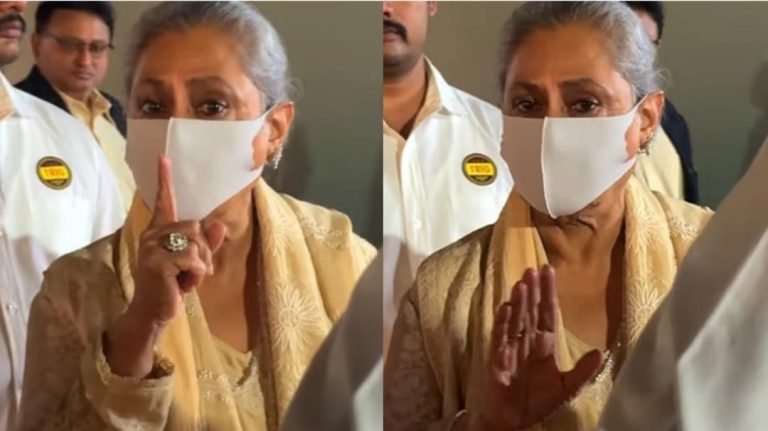
Tesla Seeks to Guard Vehicle Crash Data from Public View in US
In a recent development, Tesla has asked a judge to reject a demand for some of its vehicle crash data held by the US transportation body from public disclosure. The electric car manufacturer has cited confidentiality concerns, arguing that if the data is made public, it could enable rival companies to evaluate its technology, causing competitive harm.
This move comes after a news organization filed a lawsuit against the transportation body, seeking the crash records. The data in question is reportedly related to the number of crashes involving Tesla vehicles, as well as the circumstances surrounding those crashes.
In its filing, Tesla claimed that the data is confidential and should be protected from public disclosure. The company argued that if the data is released, it would give competitors an unfair advantage in the market, allowing them to develop and market their own autonomous driving technology more effectively.
Tesla’s request for a judge to reject the demand for public disclosure is based on a freedom of information act (FOIA) exemption that allows the government to withhold information that is confidential or privileged. The company is seeking to have the exemption applied to the crash data, citing the need to protect its proprietary information.
The news organization that filed the lawsuit, which has been identified as a prominent media outlet, is seeking to obtain the crash data in order to investigate the safety of Tesla’s vehicles. The organization has argued that the data is in the public interest and should be disclosed, as it would provide a better understanding of the risks associated with autonomous driving technology.
The lawsuit is just the latest in a series of battles between Tesla and the media over access to information. In recent years, the company has been accused of being secretive about its operations and refusing to provide access to information that could be used to evaluate its safety record.
The dispute over the crash data is just the latest example of the tension between Tesla and the media. In the past, the company has been accused of being uncooperative when it comes to providing information to reporters. In one notable incident, a journalist was banned from attending a Tesla event after asking questions about the company’s safety record.
The issue of transparency is a critical one for any company, especially one that is working on complex and potentially life-threatening technology like autonomous driving. While it is understandable that Tesla would want to protect its proprietary information, it is equally important that the company is transparent about its operations and willing to provide access to information that could be used to evaluate its safety record.
In this case, the judge will have to weigh the competing interests of Tesla and the media organization. While the company has a legitimate interest in protecting its proprietary information, the media organization has a legitimate interest in obtaining the crash data in order to investigate the safety of Tesla’s vehicles.
Ultimately, the decision will depend on the application of the FOIA exemption and the judge’s determination of whether the data is truly confidential or privileged. If the judge rules in favor of Tesla, it could set a dangerous precedent for other companies in the industry to follow. On the other hand, if the judge rules in favor of the media organization, it could lead to greater transparency and accountability for companies like Tesla.




